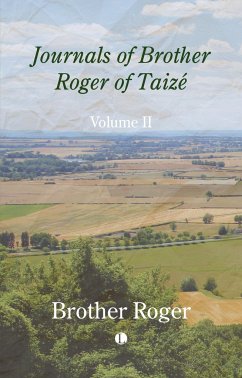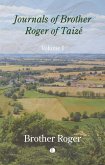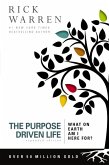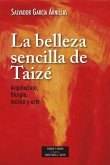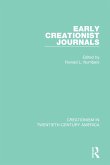Roger Schutz-Marsauche, known around the world as Brother Roger, is one of the most influential figures in Christianity in the twentieth century. He was founder and first prior of the Taizé Community in France, where tens of thousands of young Christians flock each year for its distinctive music and contemplative style of worship, spending time in prayer and reflection. Yet it is the community of monastic brothers, from differing Christian traditions and over twenty-five different countries, who make this contemplative experience possible. These brothers stand as a ¿parable of community¿ and as a sign of unity in the midst of a divided world and a divided Christianity. The second volume of Brother Roger¿s Journals covers the years 1960-1972, focussing on the birth and initial preparation of a ¿Council of Youth¿, a project catalysed by the crisis in the Roman Catholic Church in the wake of the Second Vatican Council. Brother Roger also details the ongoing life of the community, the paths of his personal spiritual journey, and other encounters across those remarkable years.
Hinweis: Dieser Artikel kann nur an eine deutsche Lieferadresse ausgeliefert werden.
Hinweis: Dieser Artikel kann nur an eine deutsche Lieferadresse ausgeliefert werden.

